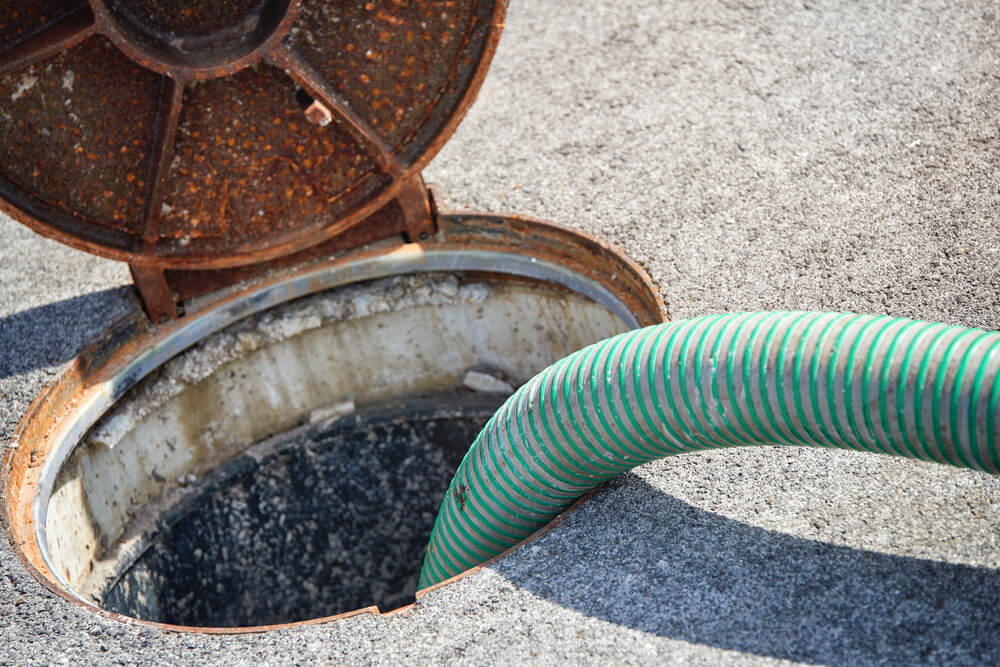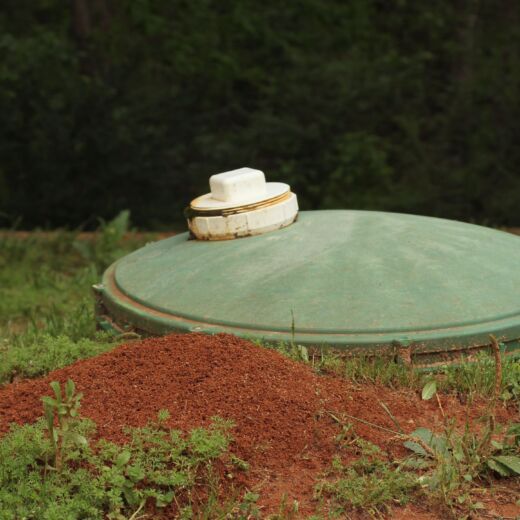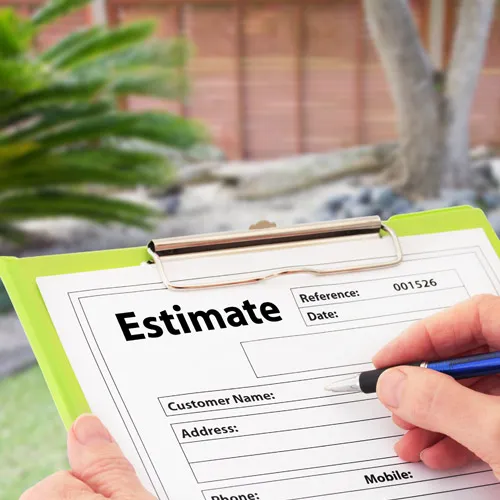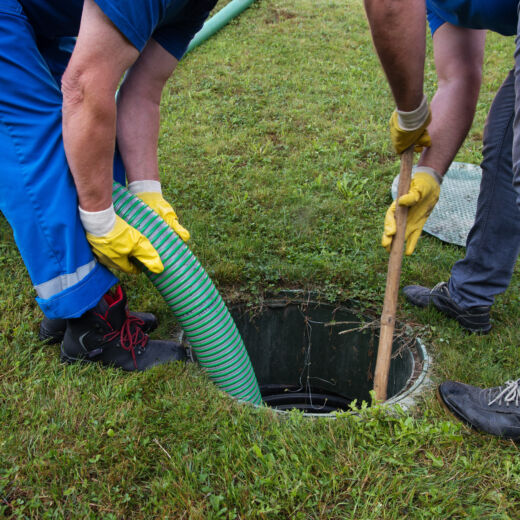A septic system failure in winter can be particularly challenging due to the cold weather and the potential for frozen ground and pipes. Cold weather can aggravate the usual problems associated with septic system failures.
When the ground is frozen in winter, untreated wastewater from a failing septic system can’t properly percolate through the soil. This increases the risk of sewage backing up into the home or pooling above the ground, near the septic tank or drain field.
Signs of a Failing Septic System
The signs of a septic system failure in winter are similar to other times of the year but can be more severe due to the weather conditions:
Sewage Backup: This is a clear sign of a failing septic system. In winter, frozen pipes can exacerbate this issue, leading to sewage backup into your home.
Contaminated Well Water: If your well water shows abnormal levels of bacteria or nitrates during winter, it might be due to a failing septic system. Frozen ground can change underground water flow, potentially leading to contamination.
Algae Blooms in Nearby Water Bodies: While algae blooms are less common in winter, any sudden change in nearby watercourses could indicate nutrient-rich wastewater seeping from a failing septic system.
Slow-Moving Drains: If your drains move slower than usual in winter, it could be a sign of a blockage due to frozen pipes or a full septic tank.
Gurgling or Bubbling Sounds: These sounds indicate blocked pipes or a full septic tank, which may be more frequent in winter due to frozen pipes.
Bright Green or Spongy Grass: If you notice patches of unusually green or spongy grass near your septic system in winter, it may be a sign of a leak.
Standing Water: The appearance of foul-smelling water near your septic tank or drain field in winter is a sign of a leak, made worse by the frozen ground.
Bad Odours: Strong odours around your septic system, especially in winter, could indicate a blockage or malfunction in the system’s ventilation.
The Most Common Causes of Septic Tank Failure
The most common cause of septic system failure, including in winter, is inadequate maintenance. Regular maintenance is crucial, especially before the onset of winter, to ensure that all components function correctly and prevent freezing or blockage issues. Other causes include poor design or installation, system overload, clogged pipes or filters, physical damage, and buildup.
When Should You Call a Professional?
When you start to spot signs of a failing septic system, it’s time to call a professional for emergency services.
In all these cases, prompt action by a qualified septic system professional can mitigate the risks and save you from more extensive and expensive repairs. Regular maintenance and inspections often prevent these emergencies from occurring in the first place.
Call SepTech For Emergency Septic Issues in Winter
Contact a professional who can safely assess and repair the system if you have an emergency in the winter. The additional challenges the cold weather poses can make even the most straightforward repairs more challenging. Preventive measures before winter, such as proper maintenance and insulating septic pipes, can help avoid failures during the colder months.
SepTech specializes in emergency septic system services. Our services include emergency and routine repairs throughout the year, focusing on the winter months when septic system failures can be unexpectedly severe and damaging. Surface discharging wastewater from your septic system is subject to significant fines and presents grave health and safety risks. Ensure your system’s long-term reliability and safety by having it repaired by a certified technician.
For prompt and immediate response and service, please contact us right away.




